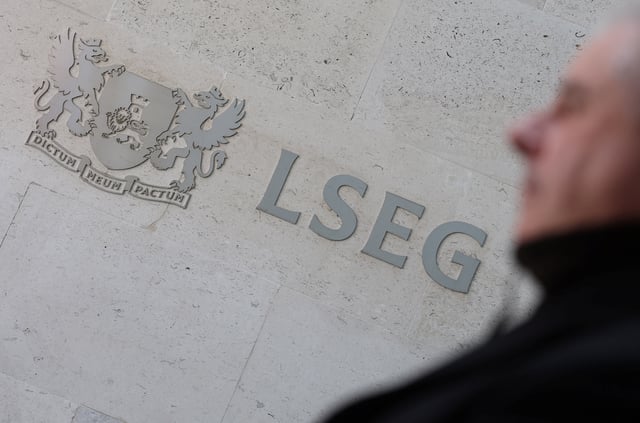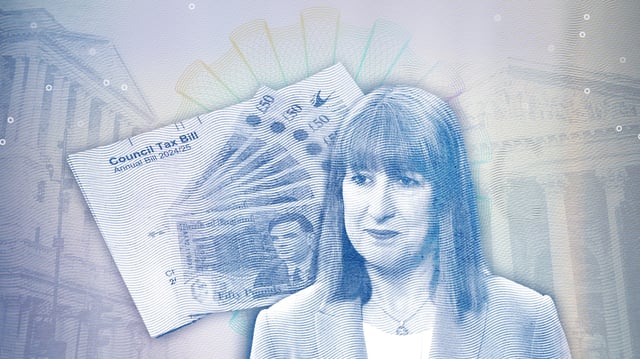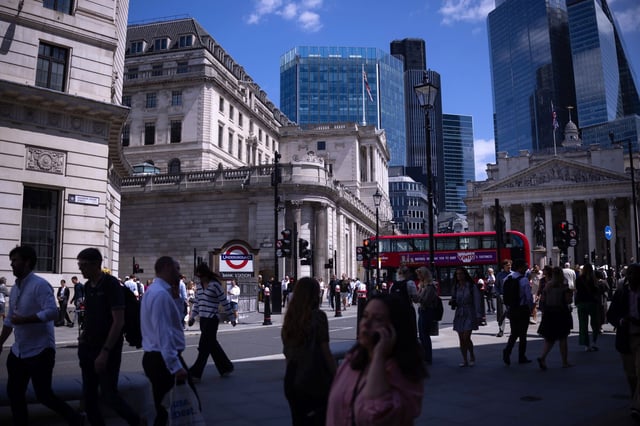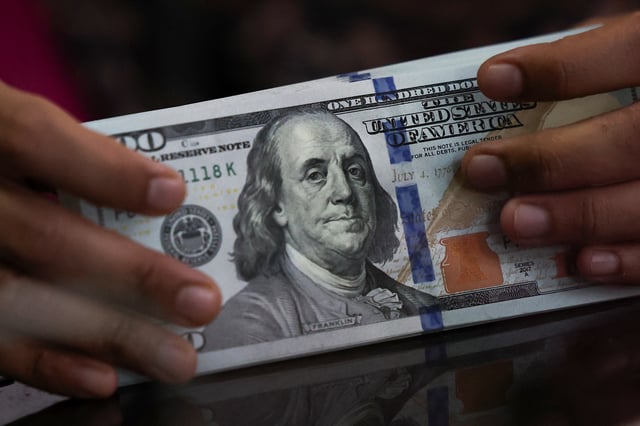Overview
- Long-dated UK borrowing costs jumped to about 5.68%–5.70% on Tuesday, the highest since 1998, topping April’s previous peak.
- Sterling fell more than 1% against the dollar to roughly $1.34, UK stocks eased, and gold set a record near $3,508 an ounce as investors sought safety.
- Analysts tied the move to both a global sell-off in long bonds and UK-specific concerns, with similar yield surges reported in France and the United States.
- Estimates of the Autumn Budget shortfall range from about £35bn (Bloomberg Economics) to roughly £50–51bn, increasing the likelihood of tax rises or spending cuts to meet fiscal targets.
- Markets read Keir Starmer’s changes to his economic team — including moving Darren Jones into No 10 and appointing Minouche Shafik as chief economic adviser — as a negative signal for fiscal discipline.



